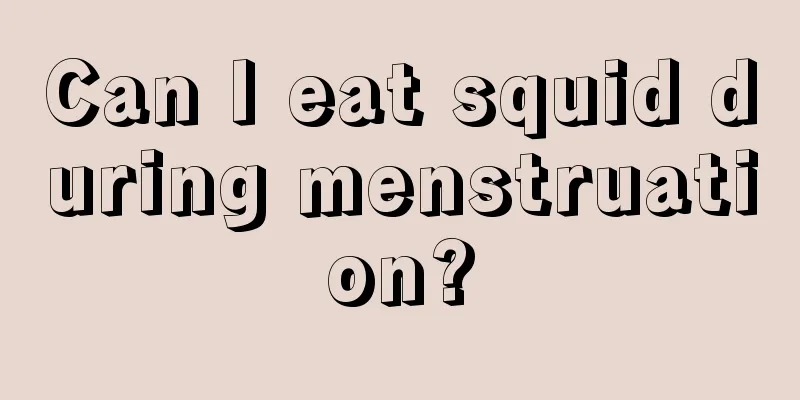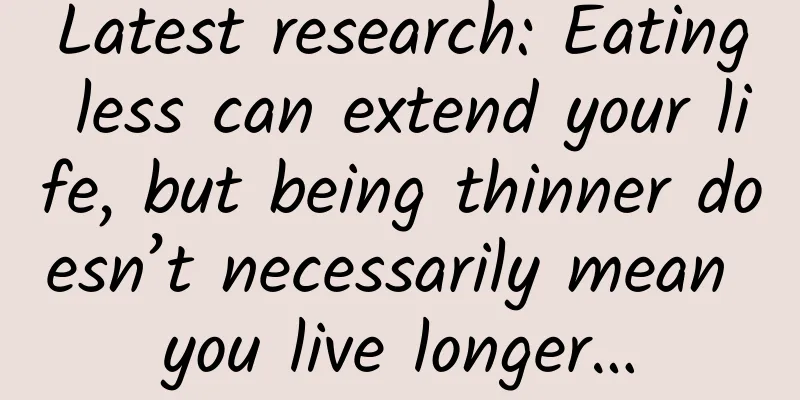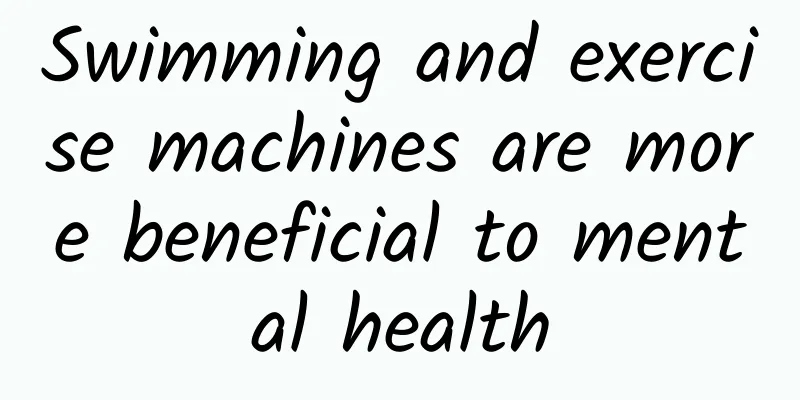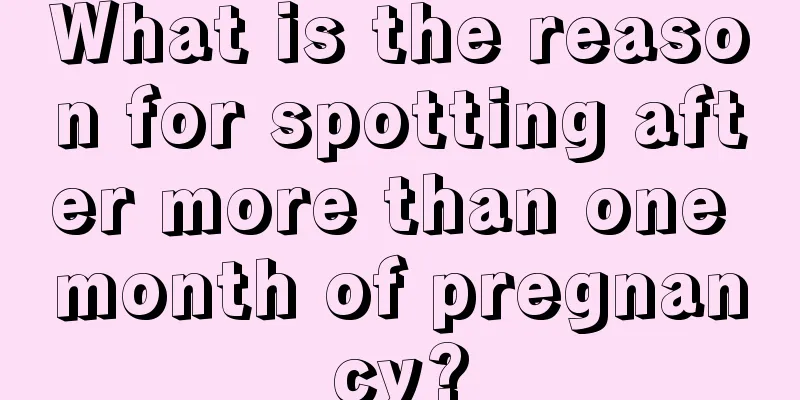What to do if you have joint pain after childbirth

|
Because women's hormones will change dramatically after childbirth, and we should know that hormones also have a very important regulatory effect on bones and joints, so it is easy to be eroded by joint pain. So how to deal with postpartum joint pain? 1. Keep your knees and wrists warm New mothers should avoid being exposed to wind and catching cold during the confinement period. Traditional Chinese medicine believes that postpartum qi and blood are insufficient, and cold air can easily invade the body, causing poor circulation of qi and blood, which manifests as joint pain, soreness, numbness and other postpartum body pains. Therefore, during the confinement period, mothers with weaker physical constitutions can wear wrist guards and knee guards to avoid coldness of important joints to the greatest extent. At the same time, if conditions permit, try to wash your hands with warm water during the confinement period and do not stand for too long. The most important thing is to ensure the quality of sleep and avoid excessive fatigue. 2. Cooking to supplement calcium during lactation Breast milk contains calcium needed for the growth of the child. If a mother secretes 1000-1500 ml of milk every day, she will lose about 500 mg of calcium. This shows that the rate of calcium loss in postpartum women is very high. The greater the milk secretion, the greater the calcium requirement. Breastfeeding mothers have lower estrogen levels and higher prolactin levels after giving birth. Therefore, before menstruation resumes, the bone's ability to renew calcium is poor, and the calcium in breast milk often consumes excess body calcium. At this time, if you do not supplement enough calcium, it will cause joint pain, leg cramps, etc. Therefore, it is not only necessary to supplement calcium during pregnancy, but also during breastfeeding, especially during the confinement period, you should consider the mother's physical constitution and supplement calcium in time. 3. Avoid fatigue. Most postpartum mothers cannot get enough rest because of taking care of their babies, so they should try to sleep more during the time they can rest and maintain their physical strength. Overwork is also an important cause of joint pain in fingers. It is important to develop a habit for the baby to fall asleep on his own. Don’t always hold the baby in your arms, as this will make it difficult for mothers to rest. After the baby falls asleep, you must put the baby to sleep in the crib. Many mothers are afraid that the baby will wake up, so they keep holding the baby. This will make the baby uncomfortable and the mother will get sick due to fatigue. It is totally not worth it. |
<<: What causes postpartum finger joint pain?
>>: What is the cause of maternal skin itching?
Recommend
Moxibustion of the genital area for detoxification
We all know that the human body has many organs t...
Summer health care, preventing dampness and protecting the spleen is the key
The sixth month of the lunar calendar was called ...
What to do if your menstruation continues
Many women are very distressed because their mens...
When is the best time to check for menstrual bleeding?
There are many factors that lead to insufficient ...
Causes of 12mm uterine rectal effusion
Uterine effusion is also a gynecological disease....
Molybdenum target, rhodium target, tungsten target: Which breast X-ray examination is suitable for your breast?
Author: Qin Naishan, Chief Physician, Peking Univ...
Can a female hamster give birth without a male hamster? When does a female hamster give birth to baby hamsters?
Generally speaking, animals need male and female ...
Women always feel that their urine is not clean
Some women have the symptom of not being able to ...
How does low progesterone cause fetal arrest?
Once fetal arrest occurs, some of the pregnant wo...
Questions about which day of menstruation is the ovulation period
Menstruation is something that every girl will ex...
Girls must read: How to determine which HPV vaccine you should get?
One minute with the doctor, the postures are cons...
What causes yellow-black vaginal discharge?
For female friends who experience symptoms such a...
What should I do if my pelvic floor muscles relax after childbirth?
Pregnancy and childbirth are one of the important...
Brown sticky discharge during non-menstrual period
Brown discharge during non-menstrual periods is c...
Polycystic ovary hyperinsulinemia
Polycystic islet syndrome is a relatively common ...









